We're Getting Married!
Palestinian Traditions | عادات وتقاليد
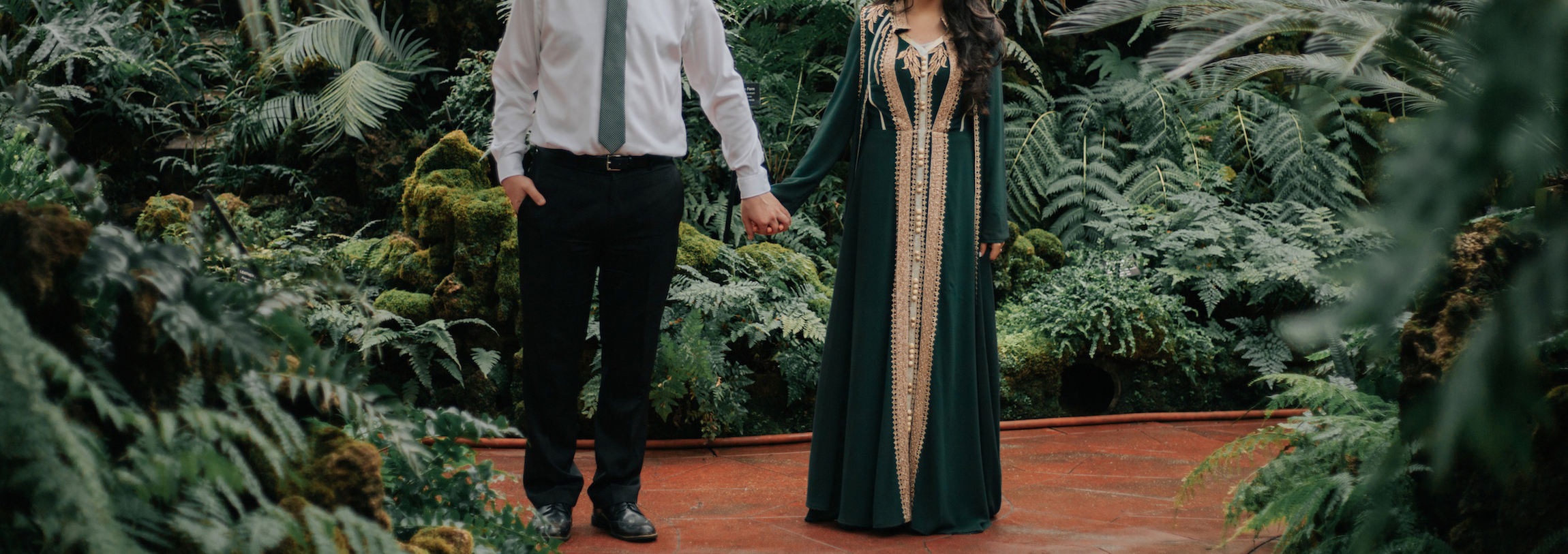
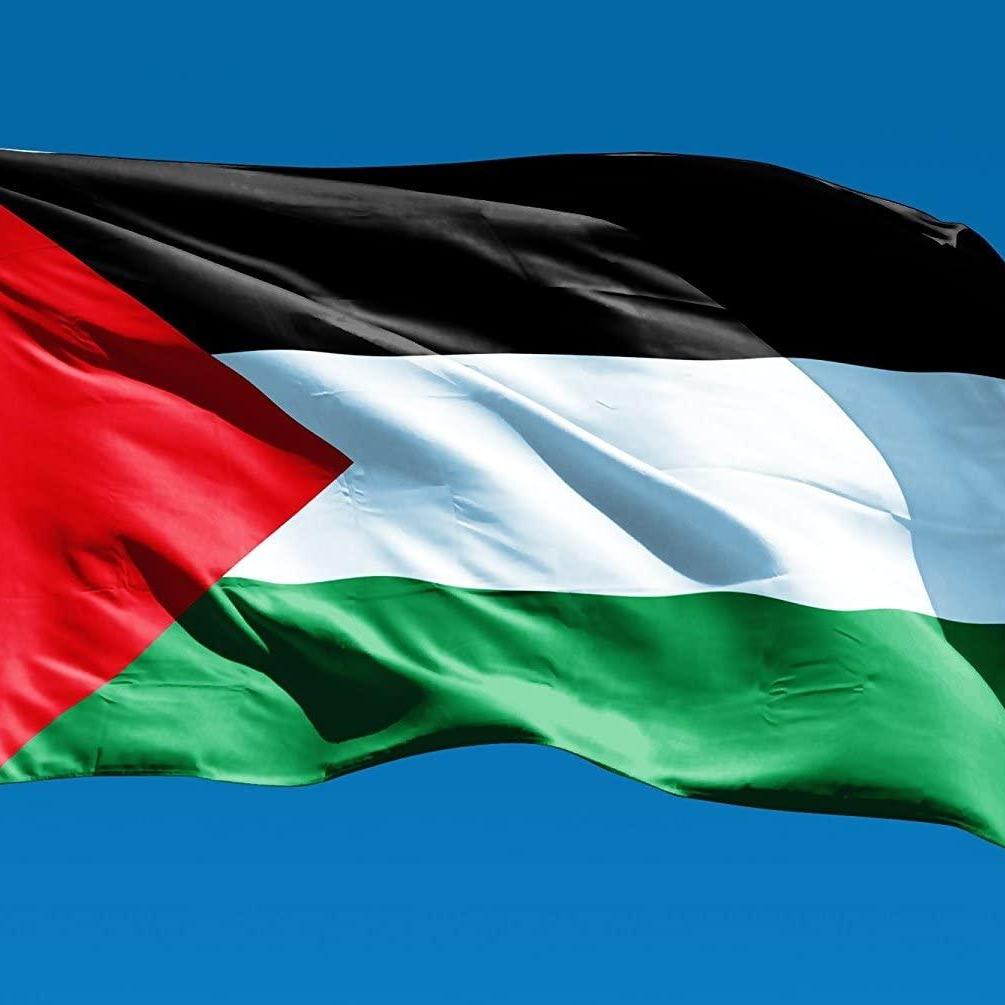
Logistics Under Occupation
Fighting For the Right to Joyously Be
Palestinians being wed from different areas of Palestine, or even neighboring villages often face logistical challenges under Israeli occupation. Military checkpoints are maintained between Palestinian villages, interrupting the continuity of Palestinian land, space, and community. Often, Palestinians are denied ability to travel into and out of their vicinities based on arbitrary closures and militant whims. However, Palestinians continue to overcome these challenges, planning their arrival for several days prior to the wedding events to account for any travel restrictions & difficulties along the way. For context, the entire state of Palestine and the Israeli occupied areas are less than 1/5 the size of Illinois, rendering the logistical hurdles unfathomable to free persons.
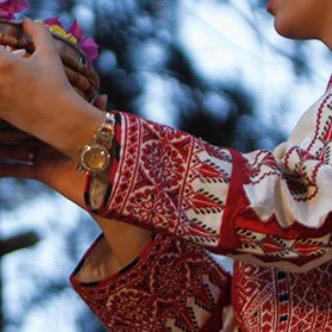
Henna Night | حفلة الحنة
حفلة نساء زاخرة بالالوان ورقص واصناف من الطعام
The henna night is typically held the week of the wedding for the women from both the bride and groom's communities. That night, rows of women line up along flower-adorned tables with oversized bowls mixing the various powders and liquids to prepare the henna for application. All the while, the women sing generations-old songs about how the groom's family prepares henna for the bride, proud of presenting the bride's family with this act of kindness and generosity. The symbolism of henna hearkens back to Prophet Noah's story. After the historic and destructive flood, Prophet Noah's dove returned to him with soil on his feet. Applying henna to the bride's feet is like that of the dove, touched by elements of the earth, and marking a new chapter of life after tribulations.

The Groom's Preparation
حمام العريس
The week of the wedding, men of the groom's family and community gather to recite Arabic poetry, singing and dancing to songs about the groom's forthcoming marriage. The men then create a procession, carrying the groom to the barbershop where he receives a clean shave and haircut, ensuring he looks his best for the wedding!
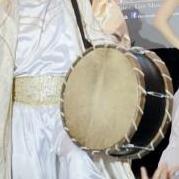
Zaffa | الزفة
Procession Honoring Bride's Departure From Family Home
The day of the wedding, the groom gets ready at his best friend's house (best man, شبين), Outside, his family and friends gather with drums, wooden flutes, and even bagpipes ready to escort the groom to the bride's home. The groom may be taken on horseback. Along the way, the groom's entourage sings and dances to folkloric songs about how fresh the groom looks on his wedding day, the union of two families and the joyous life ahead. Traditionally, the bride does not move out of her parent's home until she is married. Thus, the day of the wedding marks her first departure from the family home. The groom's community gathers at the bride's home continuing the singing and dancing with the musicians, the groom seeking final permission to escort the bride to her new home (post-wedding!).
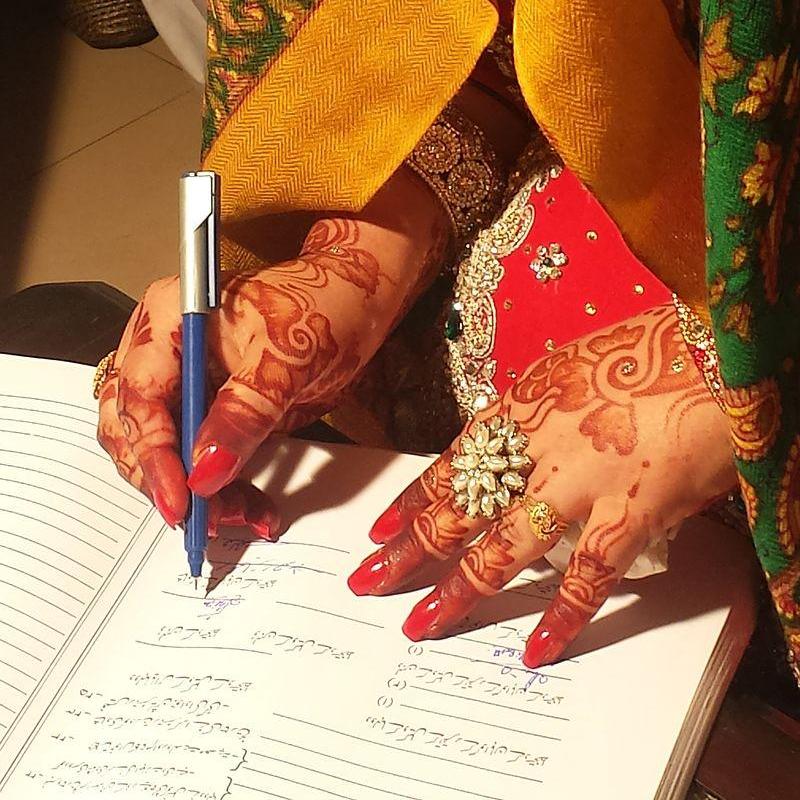
Religious Ceremony
كتب الكتاب
Palestine has a long history of honoring Muslim & Christian traditions given the overlaid histories of both communities on the Holy Land. Most Palestinian Muslims adhere to Sunni Islam, while most Palestinian Christians identify as Greek Orthodox. Palestinian Muslim marriage ceremonies are typically intimate affairs with close family & friends. A marriage officiant, a Sheikh or otherwise scholar close to the families, explains the sanctity of marriage & how marriage has played an active role in the perpetuation of the community of believers. The Sheikh then outlines the marriage contract including previously agreed upon responsibilities of both individuals in the marriage. The couple selects at least 2 witnesses who oversee agreement to the conditions & signing of the marriage contract.
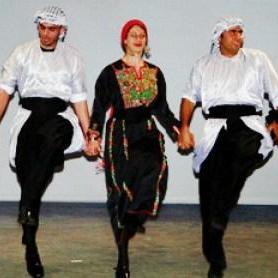
Reception | العرس
Dabkeh Until Sunrise!
After the zaffa, the couple and both of their entourages proceed either to their outdoor venue or a banquet hall fit to accommodate the entire local community prepared to eat and dance the night away! The signature Palestinian dance is the "dabkeh", a line dance where men and women hold hands, swaying and stomping to the beat of the drums. Each region and country has its own variation, amounting to over 30 types of dabkeh. The symbolism of dabkeh is a nod to Palestine's historically and continuously thriving land for agriculture. Currently, 48% of the West Bank & Gaza is planted with olive trees alone, 14% of the Palestinian economy. The strong and rhythmic steps symbolize the deep roots of olive trees and connection to the land that has defined Palestinian identity for centuries.